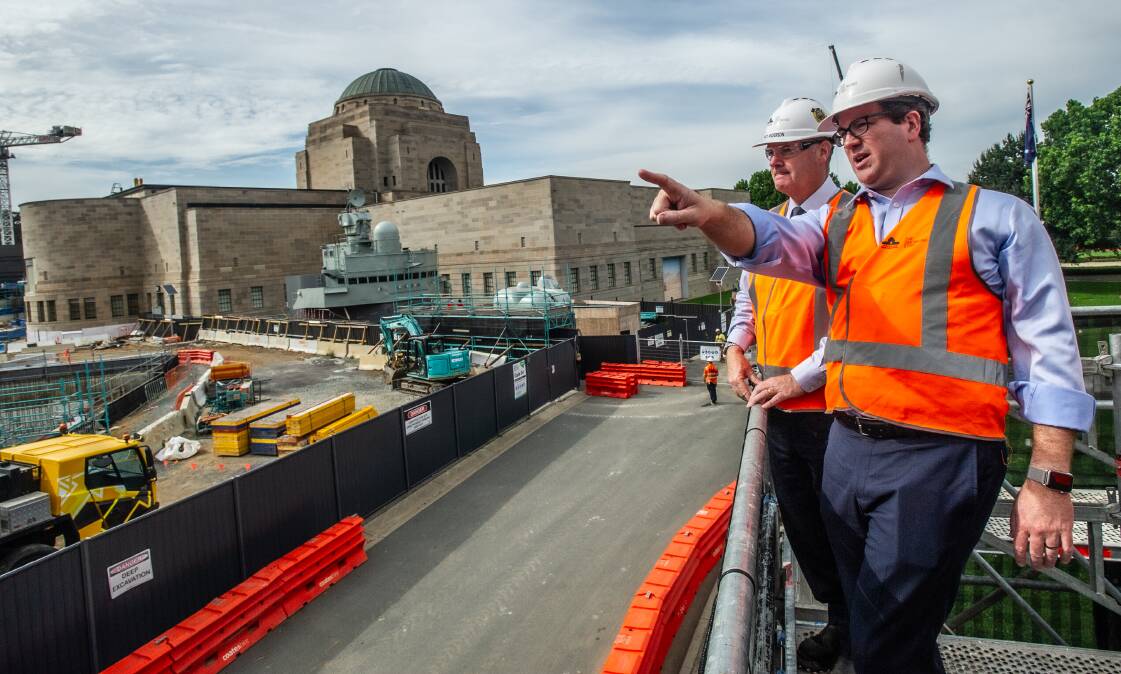The government is shaking up the way the members of the council which rules the Australian War Memorial are chosen. It is to change it from a closed process to one of an open appeal for applicants.
Instead of the previous opaque process where members are selected behind closed doors by government, it intends to open applications to members of the public.
The change opens the way for people who want greater representation of the Frontier Wars (between British colonists and Indigenous resisters) to get on the board which will make that decision. Historians, for example, could throw their hats in the ring.
"We want to make sure that we are open to the largest possible pool of appropriate people to be potentially appointed across that range of skill sets that will be required," the Minister for Veteran Affairs Matt Keogh told The Canberra Times.
"This is about making sure that we give as many people the opportunity who may be able to bring broad skills and experience to bear given the breadth of the work of the Australian War Memorial, so the government can get the right mix on the Australian Council.
"The Albanese government will soon commence a public search for new members of the Australian War Memorial council. Appointments to the council will be open for public expressions of interest."
The opportunity to change the way the War Memorial is run occurs because five members of the ruling council are about to end their time there.

They include Major General Aziz (Greg) Melick who has been one of the strongest opponents of greater representation of the Indigenous peoples' resistance to the loss of their land.
The five have been asked to stay on until the end of June while their successors are chosen.
The national president of the RSL last year told The Canberra Times the memorial wasn't the place to mark what are known as the Frontier Wars.
Its displays should be confined to those who fought "in Australian uniforms", Mr Melick said, speaking on behalf of the RSL.
The conflict between British forces and Indigenous resistance was "part of Australia's past, an unfortunate part, but there are more appropriate places to deal with it", said Mr Melick, a former Australian Defence Force major general.
But a new government has brought a change of tone and now possibly some change of policy.
Talking to The Canberra Times in December, the minister welcomed a "more substantial reflection" of the Frontier Wars at the Australian War Memorial.
"That is important to make sure that we do provide proper context," Mr Keogh said.
As well as a change of government, there has also been a change at the top of the council.
Former Labor minister Kim Beazley succeeded former Liberal minister Brendan Nelson.
Mr Beazley, too, seemed more open to recognising the Frontier Wars. "We do have to have a proper recognition of the frontier conflict," he said.
Much will turn on who gets the five places on the 12-person council. But if all five were people who were strongly in favour of a much greater representation, it would be hard for that not to happen.
Last year, the AWM's council decided there would not be a separate gallery for the Frontier Wars. They would "continue to be presented in the new pre-1914 galleries", minutes from its August 19 meeting showed.
But a very different council could change that decision.

.jpg?w=600)





